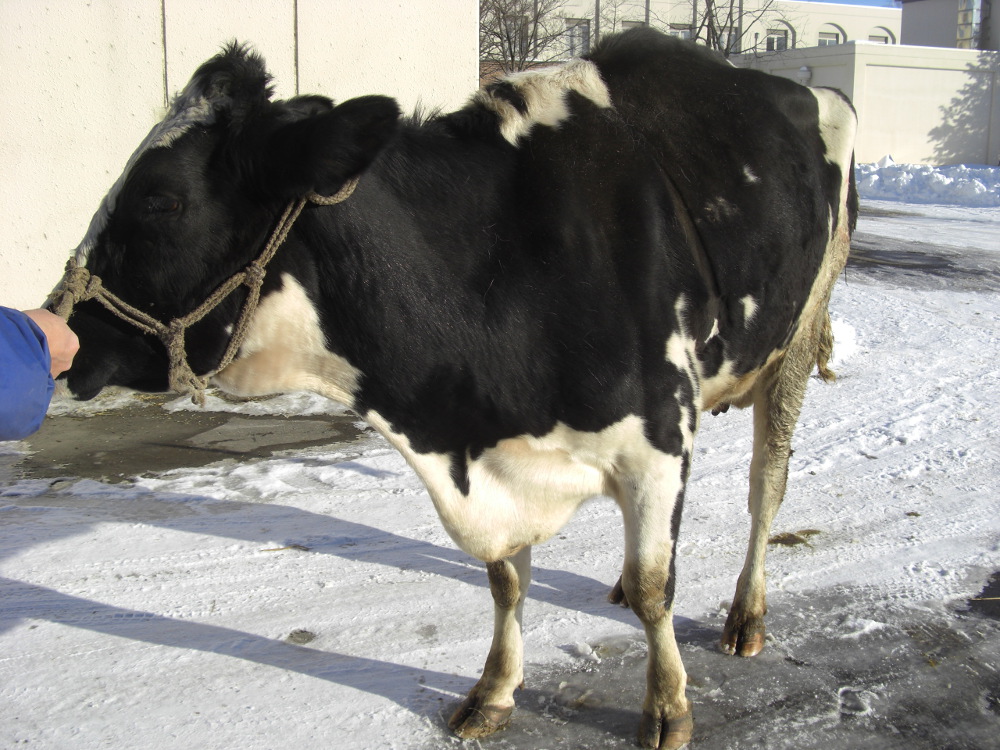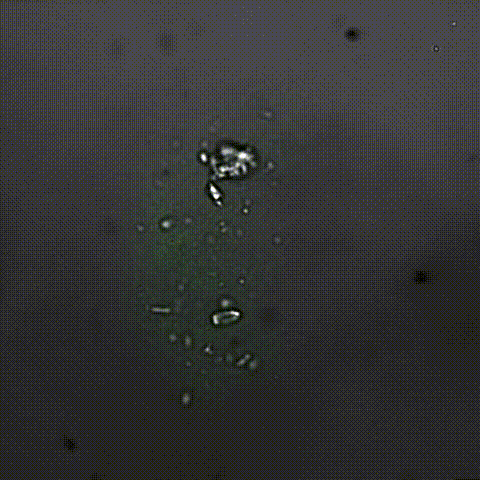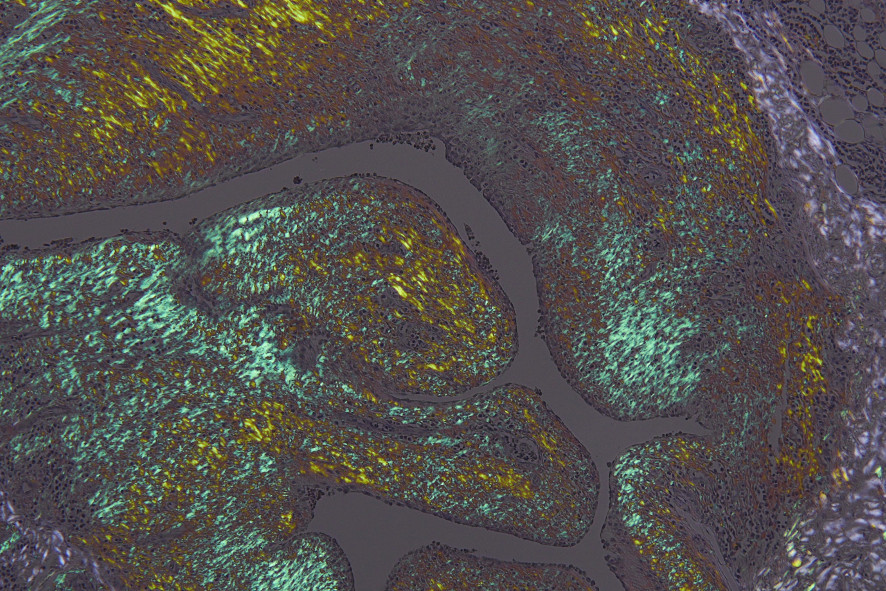Research topics
Our laboratory focuses on experimental pathology, which elucidates the pathogenesis mechanism associated with exposure to various substances. Our research targets are below.
- Transmissible AA amyloidosis
- Identification of unknown animal amyloidosis
- Development of diagnostic methods for animal amyloidosis
- Spontaneous diseases of domestic and pet birds
We hope people who visited this website will be interested in our research.
June 2018, T. Murakami
Research on AA amyloidosis
Amyloidosis is a group of protein conformation diseases characterized by an extracellular deposition of insoluble protein fibrils with cross-β-sheet structure, which results in organ damage. AA amyloidosis is the most frequently observed systemic amyloidosis in most species, and secondary to long-standing inflammatory disorders such as bacterial infections. However, details of the pathogenic mechanisms in AA amyloidosis remain obscure.

AA amyloidosis-affected cattle
Since recent studies revealed that bovine and avian AA amyloidosis could be transmitted between different species, the presence of amyloid in the meat market may become a public health problem. Although uptake of amyloid fibrils would be a trigger of amyloid formation in recipient animals, it is also thought that some other factors are required for disease progression. Microbial infections and organ toxicity may be involved in the amyloid formation or transmission, and subsequent immune modulations can influence the development of amyloidosis. But these mechanisms are still unclear.
Green-birefringence of amyloid deposits in chicken.
Our objective is to clarify the associations between the body response to the exogenous agent exposure (such as amyloid, toxin, infection. etc.) and amyloid formations. Our study will reveal the risk of amyloid in food animals and contribute to food safety.

in vitro fibrillization of synthetic peptides


